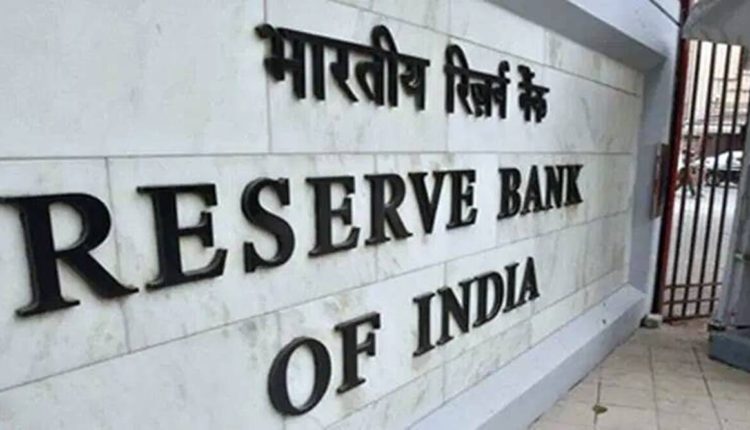DRG Study No. 48: Determinants of Financial Literacy and Financial Inclusion in North-Eastern Region of India: A Case Study of Mizoram
Ten News Network

Mumbai (18/01/2023): On 17th Jan 2023, the Reserve Bank of India released on its website the DRG Study1 titled, “Determinants of Financial Literacy and Financial Inclusion in North-Eastern Region of India: A Case Study of Mizoram”. The study is co-authored by Bhartendu Singh, Raj Rajesh, Ramesh Golait and K. Samuel L.
The study evaluates the determinants of financial inclusion and financial literacy in the under-banked north-eastern region of India based on primary data collected through a survey in the State of Mizoram. A total of 523 respondents were selected from eight blocks covering four districts of Mizoram. The key findings of the study are as follows:
- The level of financial awareness in the region was limited – about 32 per cent of the respondents were not aware of any financial products other than the savings bank account.
- About 20 per cent of the respondents reported lack of knowledge about basic payment options, and about 43 per cent of the respondents reported lack of usage of available options despite awareness.
- About half of the respondents were found to be unaware of financial institutions other than banks, viz., non-banking financial companies, microfinance institutions and small finance banks.
- Use of life insurance cover was low among the respondents.
- The Financial Inclusion score and Financial Literacy score for the study region were generated using the OECD/INFE (Organisation for Economic Co-operation and Development/International Network on Financial Education) Toolkit. The estimated average financial literacy score was 14.37 on a scale of 0 to 21 (i.e., 68.43 per cent) and the average financial inclusion score was 3.35 on a scale of 0 to 7 (i.e., 47.86 per cent).
- Among the identified factors, the place of residence (block), employment type and nature of family (joint versus nuclear) of the respondents were seen to strongly influence their financial inclusion and financial literacy status.

